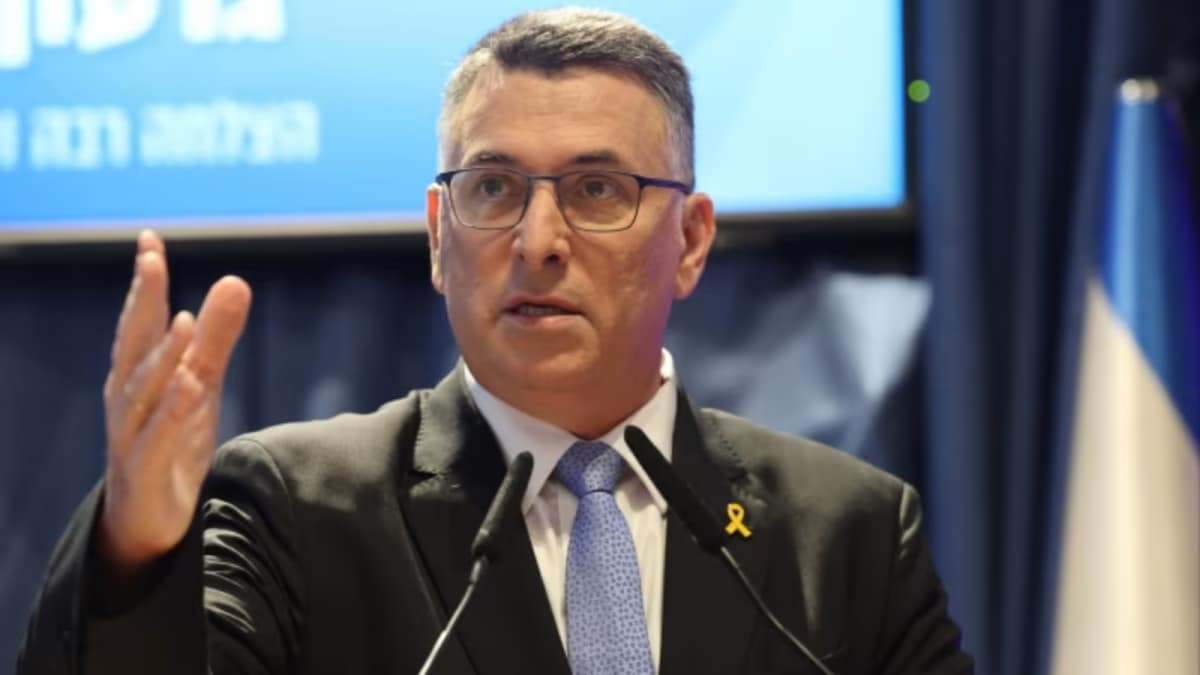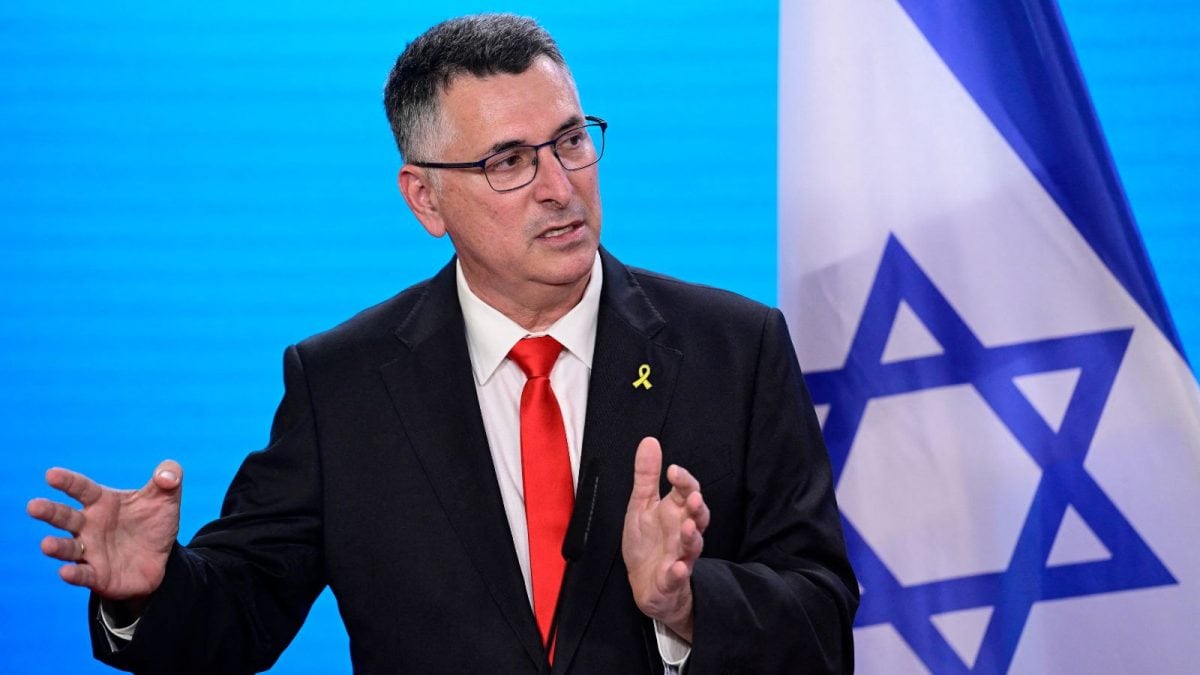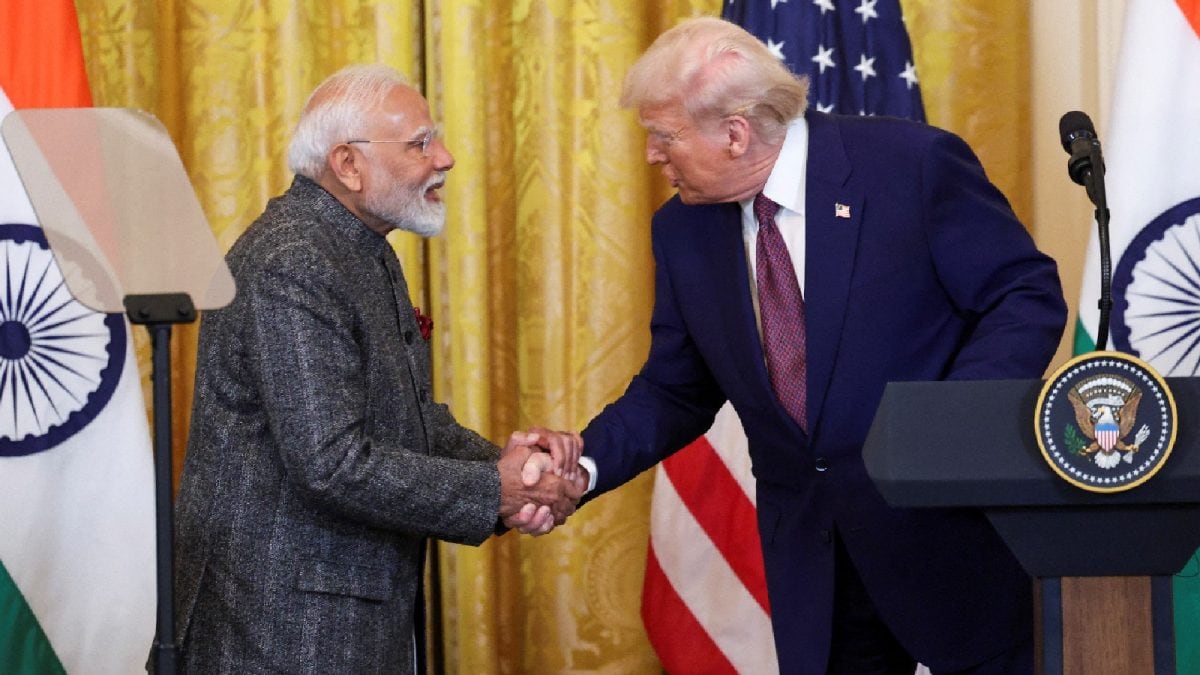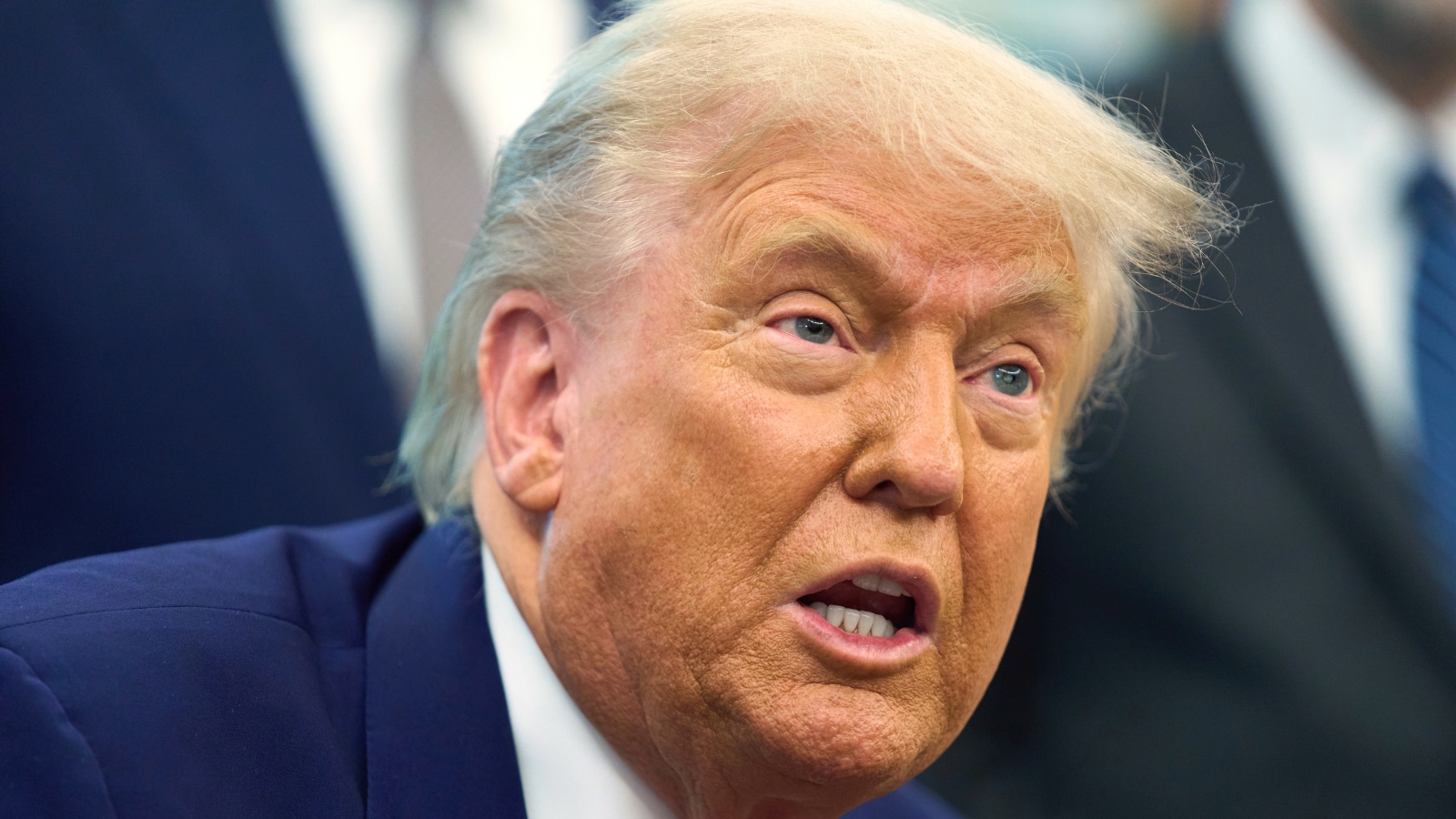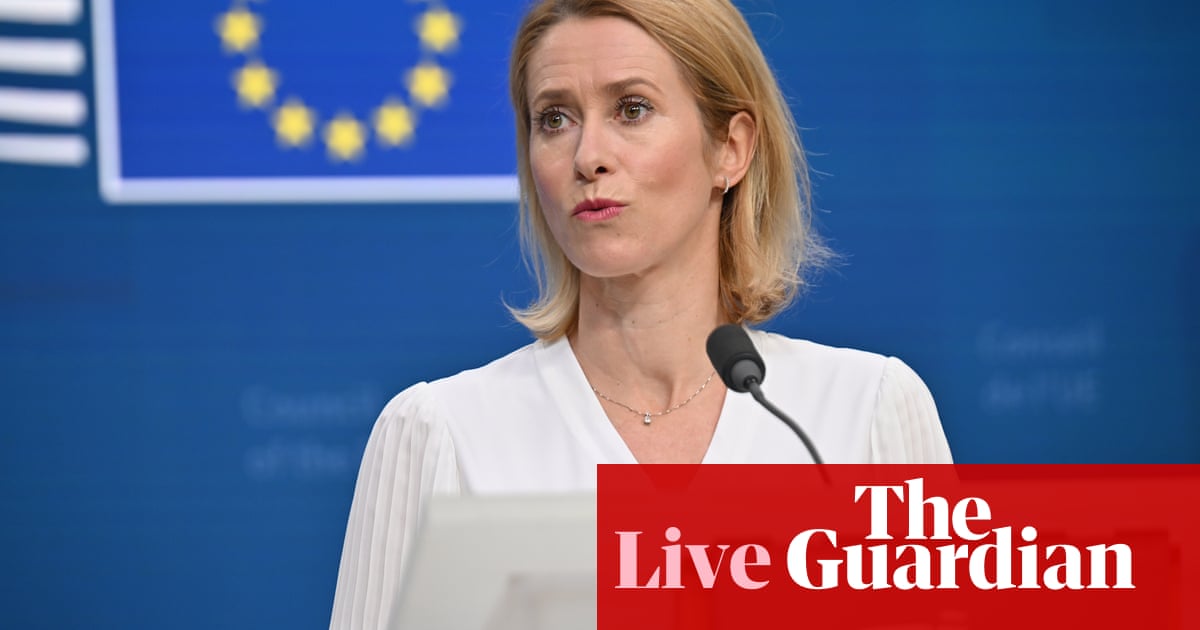Labour’s flagship child poverty strategy has been delayed until at least the autumn, the Guardian has learned, even though tens of thousands more children will fall into poverty as a result.
The decision to push back the strategy comes amid Treasury concerns about the cost implications of the two-child limit on universal credit and questions inside No 10 over the political benefits of scrapping it.
The policy, which is being led jointly by Liz Kendall, the work and pensions secretary, and Bridget Phillipson, the education secretary, was due to be published in the spring and had been expected to include a recommendation to scrap the controversial cap.
Keir Starmer has said privately that he wants the option of scrapping the two-child limit kept on the table, and is understood to regard it as a personal priority, as well as a way of demonstrating Labour’s commitment to tackling child poverty and reassuring his backbenchers before a difficult vote on welfare cuts next month.
“Keir doesn’t want to be the Labour prime minister who has overseen an increase in child poverty on his watch, so I think we will probably get to the point where we do eventually get rid of the two-child limit,” a government source said.
However, sources said Morgan McSweeney, Starmer’s chief of staff, was opposed to the move, arguing that while it would be popular with Labour MPs, the public viewed it as an issue of fairness. “He doesn’t think they would be getting enough political capital with voters as a result of the money they would have to put in,” one source said.
A No 10 source denied there was any split between the prime minister and his chief of staff over the two-child limit. They said the policy was being considered as part of the strategy but that no final decision had been made.
“The government is determined to bring down child poverty. We’re not waiting to act,” the source added, pointing to measures already announced by the government, including the expansion of free breakfast clubs, a cap on school uniform items and increasing the national minimum wage.
Experts say that scrapping the limit would be the single most effective way of reducing child poverty. They say about 100 children are pulled into poverty every day by the limit, meaning up to 20,000 could be affected by a six-month delay. In addition, the benefit cap pushes 30,000 children into deep poverty when parents’ capacity to work is limited.
Kendall and Phillipson are both understood to be in favour of scrapping the two-child limit. In March the Department for Work and Pensions’ own analysis of planned welfare cuts found that 50,000 children would be pushed into relative poverty by the end of the decade as a result.
The former prime minister Gordon Brown urged Starmer this week to get rid of the “cruel” policy, arguing that it would be the most effective way of tackling child poverty, which was a “stain on the soul” of the country. Sources have suggested the policy could be tweaked rather than dropped entirely.
There are concerns inside government that any further delay in acting on the limit beyond the autumn budget would mean the impact of scrapping it would not be felt before the next election, further reducing the political arguments for making the change.
Sources suggested the chancellor, Rachel Reeves, did not want to commit to the estimated £2.5bn cost of scrapping the limit before knowing the total bill for other social security measures, which will be linked to September’s inflation figures and come into effect next April.
Ministers are planning to announce a package of up to £750m to tackle child poverty at the spending review in June, the Guardian understands, although the final figure is yet to be agreed. It is expected to focus on measures to tackle the root causes of poverty, such as work, affordable housing and education. However, sources suggested this could include “rebadging” existing commitments “but putting child poverty in the press release”.
Reeves hinted in an interview with the Guardian last week that the government was planning policies to tackle child poverty. “I want to lift people out of poverty, particularly I want to lift children out of poverty, and of course, we’ll set out more plans to do that,” she said.
The cuts to disability benefits announced in the spring statement have caused consternation among Labour MPs, dozens of whom are preparing to rebel against the policy in the vote expected next month. Backbenchers say more than 100 MPs have signed a private letter telling Labour whips they are unable to support the cuts.
Seven Labour MPs were suspended from the whip for voting against the government on the two-child benefit cap in the king’s speech in July.
Alison Garnham, the chief executive of the Child Poverty Action Group, said: “There are 4.5 million children already in poverty and another 109 are pulled into poverty every day by the two-child limit alone. If this government is serious in its commitment to the nation’s children, it can’t keep waiting for the stars to align before taking action. It must urgently invest in children and their families, starting with scrapping the two-child limit.”
Clare Moriarty, the chief executive at Citizens Advice, said: “It is deeply concerning that the government is watering down its commitment to publish a full and comprehensive child poverty strategy this spring. The need to tackle child poverty is urgent and the prime minister and chancellor should not let a point of process excuse them from taking decisions now.
“Every day the two-child limit and benefit cap is in place, more children and families get sucked into poverty. Furthermore, these policies will act as a brake to any other action taken by this government to reduce child poverty.”
Dan Paskins, from Save the Children UK, said: “Every month that goes by while Keir Starmer does not scrap the cruel two-child limit means thousands of children are plunged into poverty. We would like to see assurance from No 10 that this delay means their child poverty strategy contains bold ideas backed with the finance – starting with scrapping the two-child limit and benefit cap.”

 3 weeks ago
3 weeks ago





